Windows 7 security ‘still has room for improvement’
Windows 7 security looks encouraging, but there are a couple of areas that a Sophos expert is particularly concerned about.

A Sophos engineer has said he is impressed' with Microsoft's focus on security with the upcoming Windows 7, but said it still has areas to be concerned about.
In a blog entry, Sophos global sales engineer Chester Wisniewski highlighted a feature that he felt would be a "regression" from Windows Vista.
Previously in Vista, a user would be confronted with a red shield and pop-up alerting them if they were not carrying anti-virus. However, Wisniewski said that in Windows 7 it only showed a flag and a "tiny" red X to indicate something is wrong, with no pop-up.
He said: "Considering immediately on first login, Microsoft provides a dire warning about ensuring you have anti-virus protection, I find this a step backwards."
"Why have they regressed?," Wisniewski wondered.
He also said that extension hiding', where file extensions such as .EXE were hidden by default on Windows, needed to "go away". Wisniewski said that malware authors could take advantage of it, by as F-Secure describes it: "creating malicious files with double-extensions".
Despite the criticisms, Wisniewski was generally positive about Microsoft's attitude to Windows 7 security.
Get the ITPro daily newsletter
Sign up today and you will receive a free copy of our Future Focus 2025 report - the leading guidance on AI, cybersecurity and other IT challenges as per 700+ senior executives
He said the Windows Biometric Framework' was a "step forward", which gave Windows 7 users alternatives to passwords when it came to authenticating themselves. However, this will only support fingerprint readers at launch.
Wisniewski praised Bitlocker To Go', which will give Windows 7 users the ability to encrypt removable storage such as USB sticks, and also the way it allowed older systems such as Windows XP and Vista the ability to access them.
Wisniewski was also encouraged by User Access Control, which focused on removing annoying prompts for non-Microsoft published applications.
He said: "This should better mirror the Mac OS X and Ubuntu Linux experience, providing the user with an opportunity to read and understand actions asking for approval, rather than clicking 'yes' to get rid of the nagware."
Microsoft has not replied to request for comment at the time of publishing. Windows 7 will be out on 22 October - click here for our review of the Windows 7 beta.
-
 Should AI PCs be part of your next hardware refresh?
Should AI PCs be part of your next hardware refresh?AI PCs are fast becoming a business staple and a surefire way to future-proof your business
By Bobby Hellard Published
-
 Westcon-Comstor and Vectra AI launch brace of new channel initiatives
Westcon-Comstor and Vectra AI launch brace of new channel initiativesNews Westcon-Comstor and Vectra AI have announced the launch of two new channel growth initiatives focused on the managed security service provider (MSSP) space and AWS Marketplace.
By Daniel Todd Published
-
 Microsoft angers admins as April Patch Tuesday delivers password feature without migration guidance
Microsoft angers admins as April Patch Tuesday delivers password feature without migration guidanceNews Security fixes include a zero day exploited by a ransomware group and seven critical flaws
By Connor Jones Published
-
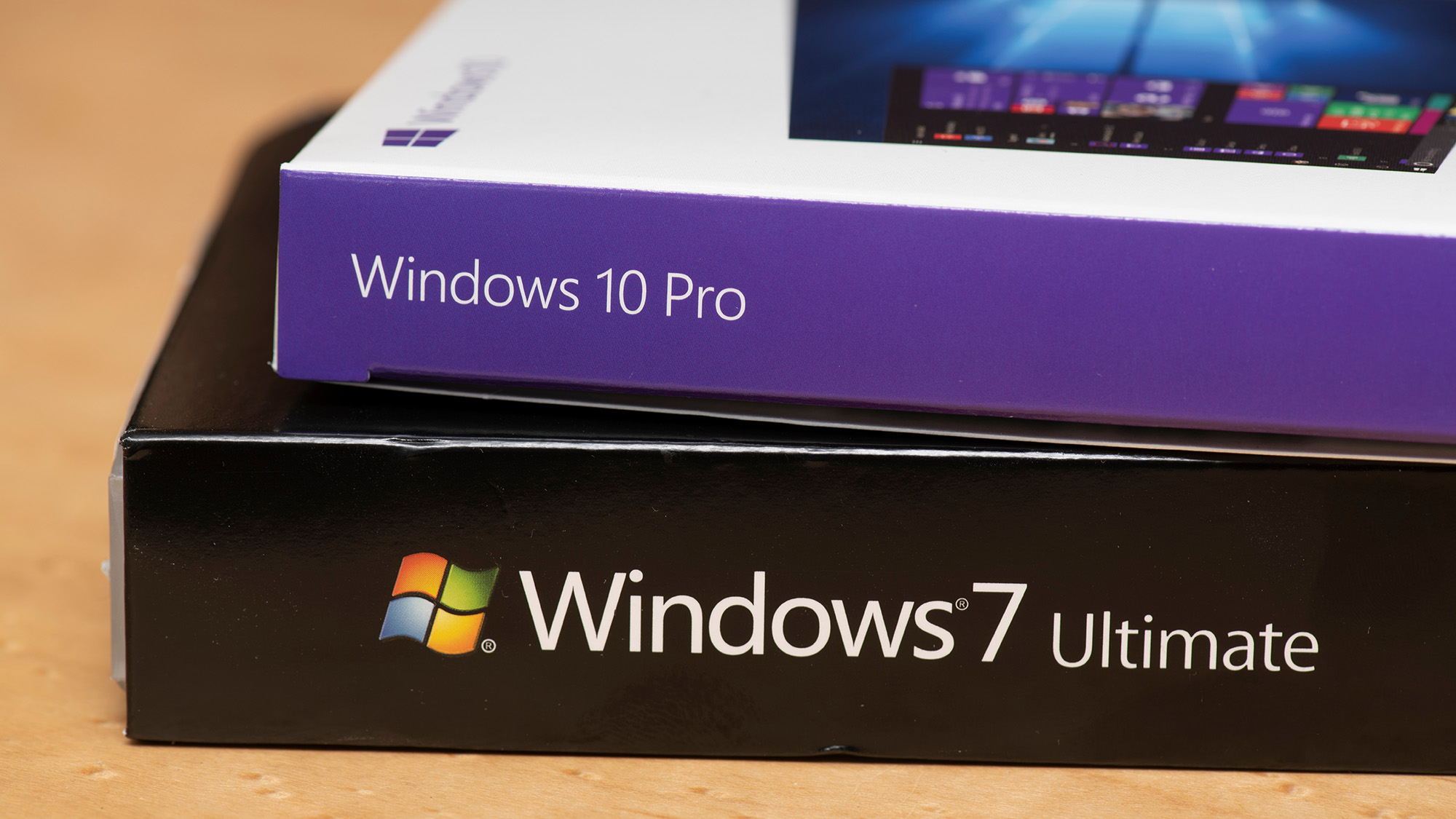 Managing a late migration
Managing a late migrationOpinion When it comes to moving from Windows 7 to Windows 10, it's better late than never
By Jon Honeyball Published
-
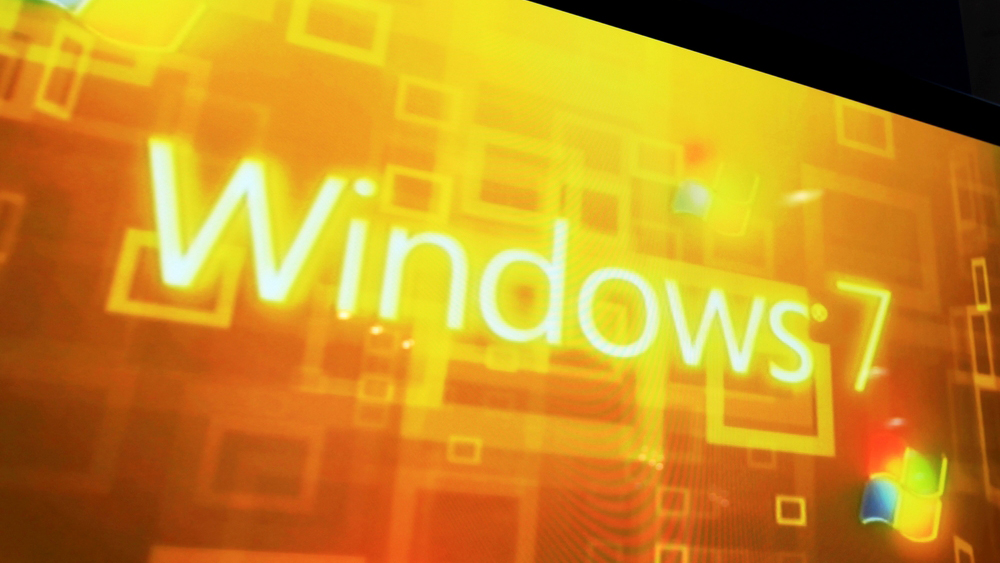 How to set up a Windows 7 emulator for Windows 10
How to set up a Windows 7 emulator for Windows 10Tutorials A complete guide for setting up a Windows 7 emulator for Windows 10 so you don’t lose access to your apps
By Nik Rawlinson Last updated
-
 The autopsy of Windows 7
The autopsy of Windows 7In-depth Report of a postmortem examination
By Chris Merriman Published
-
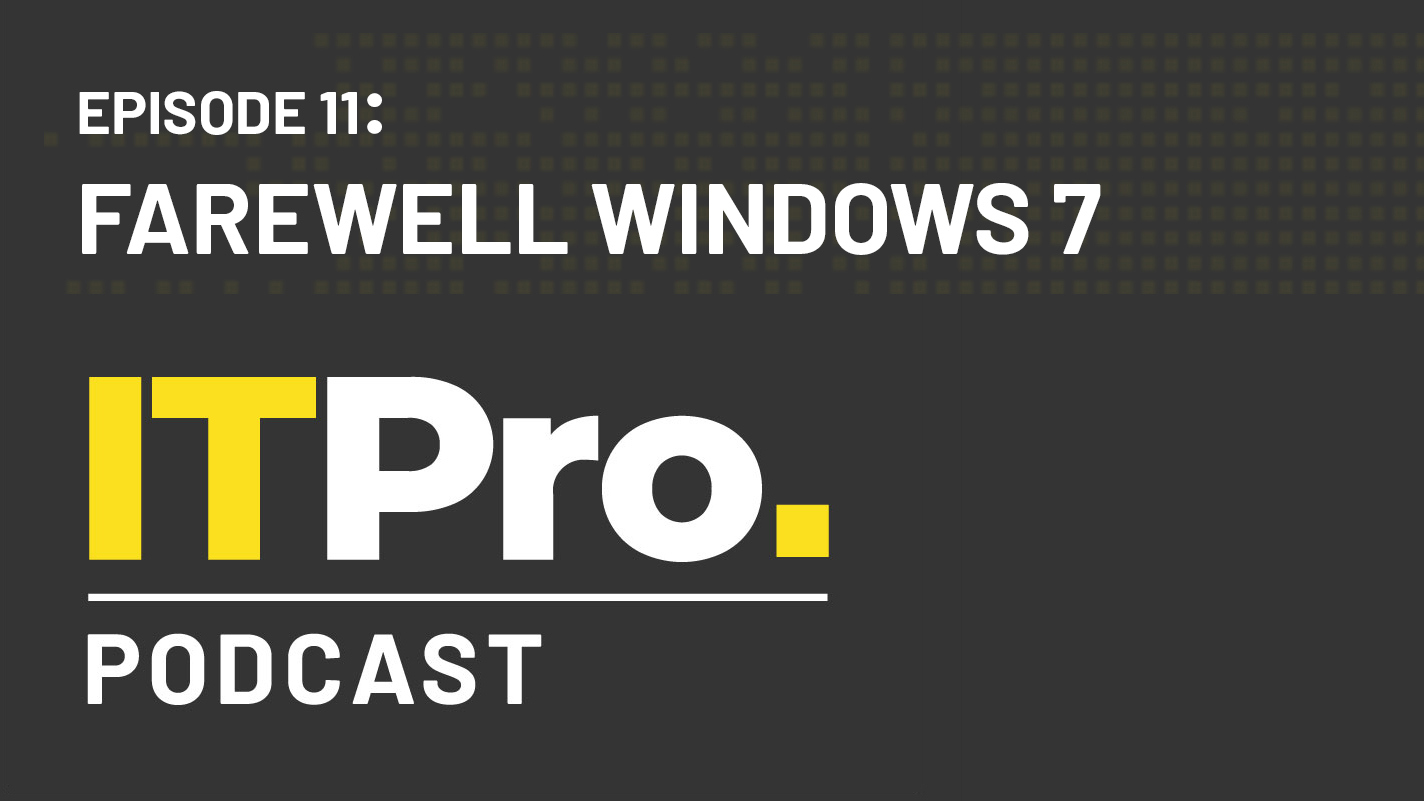 The IT Pro Podcast: Farewell Windows 7
The IT Pro Podcast: Farewell Windows 7IT Pro Podcast We reflect on the legacy of one of Microsoft's most enduringly popular operating systems
By IT Pro Published
-
 Windows 7 ends: what do you do next?
Windows 7 ends: what do you do next?In-depth From SMBs to big business and individuals, after 10 years it's time to move on from Windows 7
By Jon Honeyball Published
-
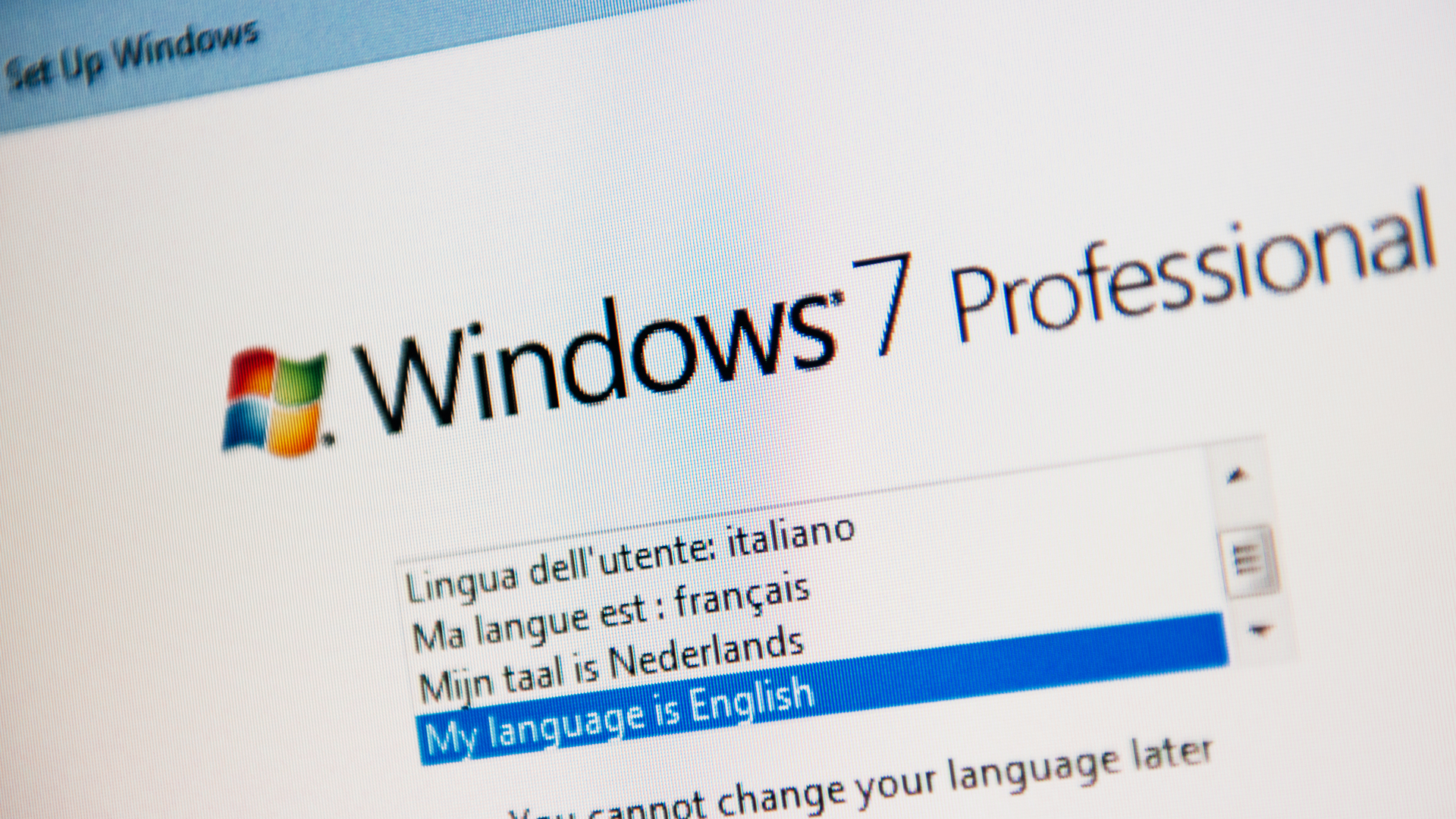 Windows 7 end of life: What to do if you haven't upgraded yet
Windows 7 end of life: What to do if you haven't upgraded yetIn-depth Microsoft has now officially moved Windows 7 to end of life, meaning it's no longer a viable business platform
By Dale Walker Last updated
-
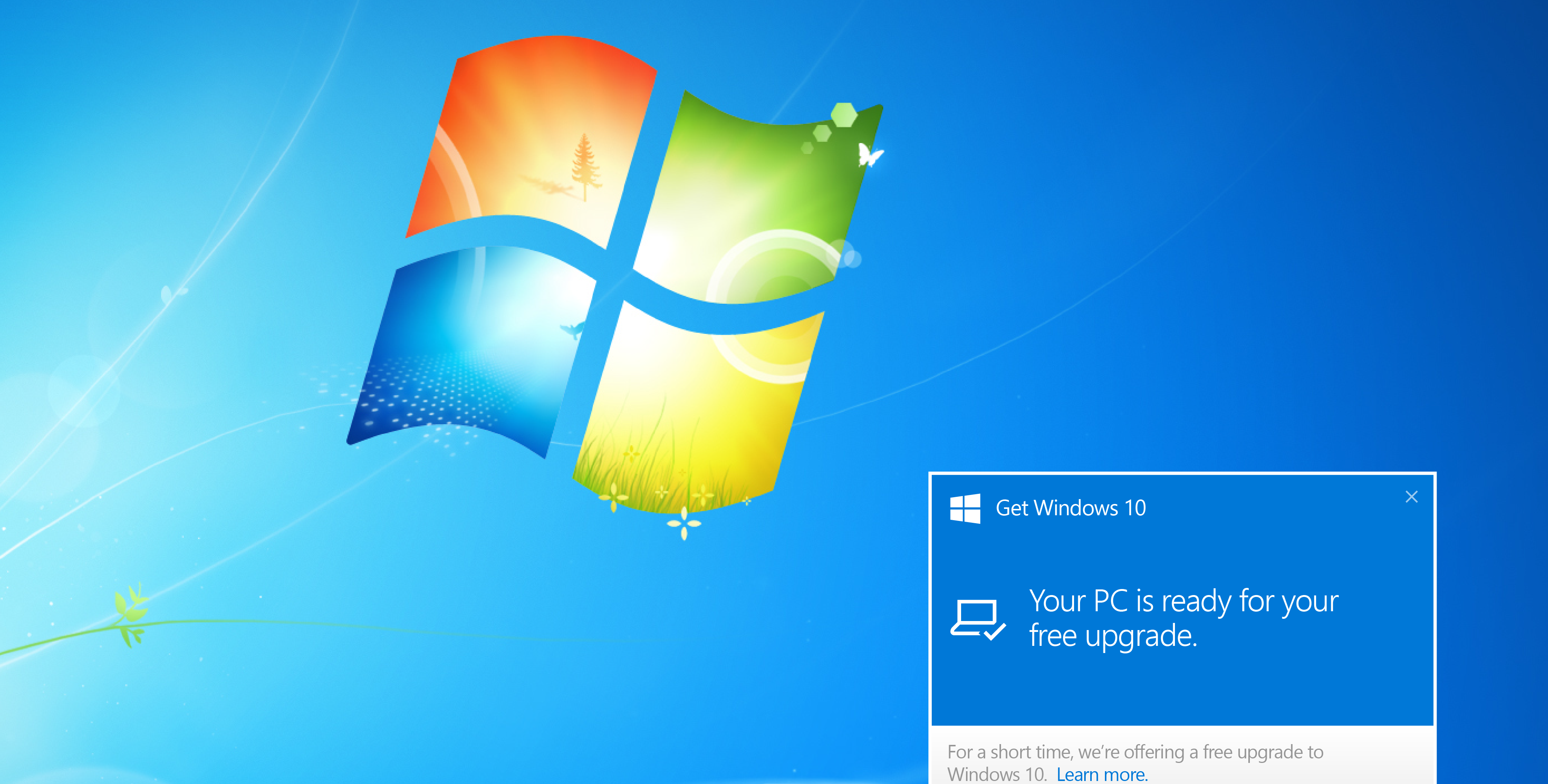 Windows 10 vs Windows 8.1 vs Windows 7 - Microsoft OS head-to-head
Windows 10 vs Windows 8.1 vs Windows 7 - Microsoft OS head-to-headVs We pit Microsoft's most popular operating systems against each other to see which is the greatest of all time
By Mike Passingham Last updated